
Pier 4 Marina
The premier marina in downtown Annapolis

The premier marina in downtown Annapolis
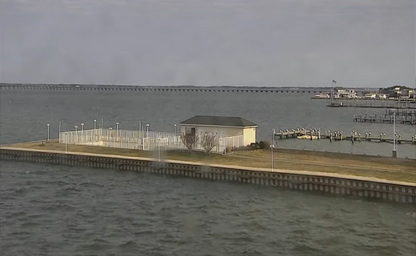
An upscale three bedroom, three and a half bath bayfront condominium
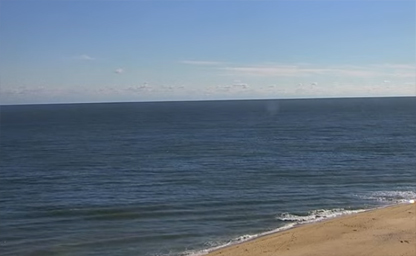
Directly on the famous boardwalk with stunning views
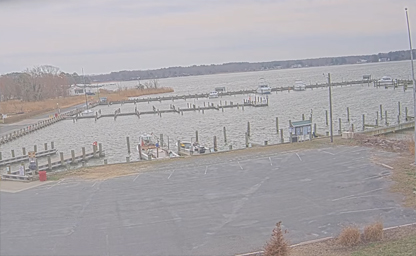
The historic Choptank Landing is referenced in the Harriet Tubman Underground Railroad Byway
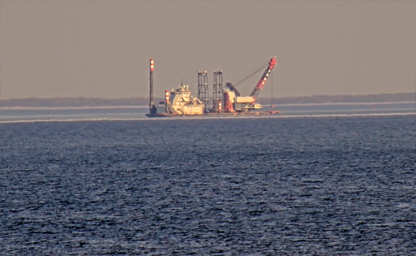
A large container ship collided with a supporting column of the Francis Scott Key Bridge
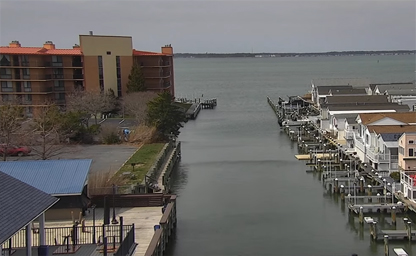
A lagoon that separates part of mainland Worcester County
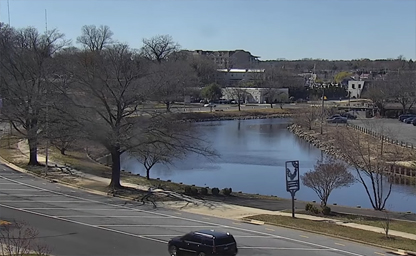
A 24.4-mile-long tributary of the Chesapeake Bay
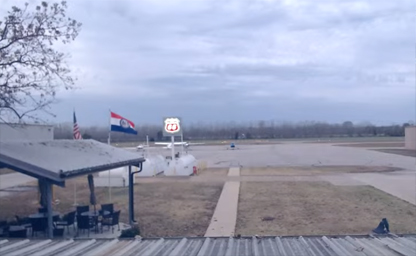
Situated in the city of Maryland Heights and is named for Creve Coeur Lake
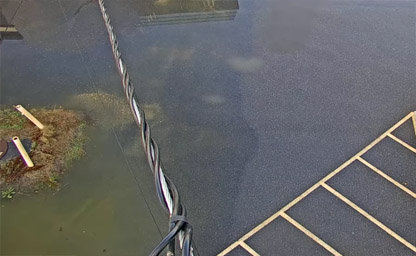
A main tributary of the Choptank River in Talbot
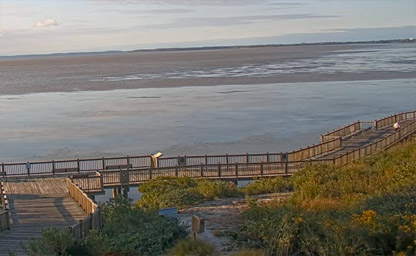
Enjoy this truly spectacular view across the Susquehanna Flats and Chesapeake Bay
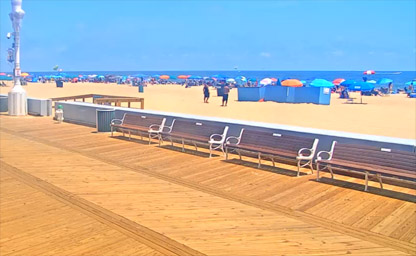
Consists of 3 miles of fun, food and excitement
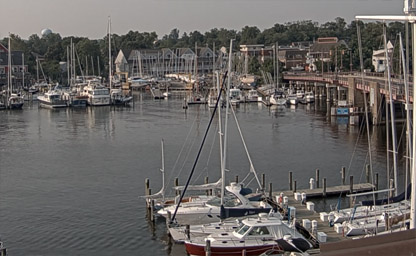
The county seat of, and only incorporated city in, Anne Arundel County
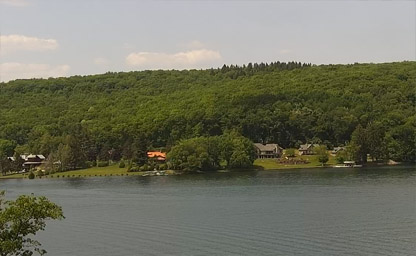
A unincorporated community located in Garrett County, Maryland
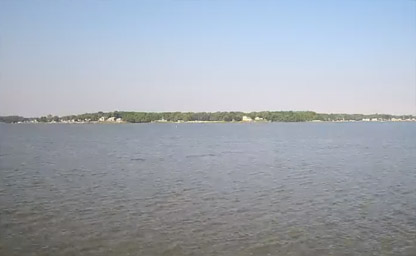
An unincorporated community and census-designated place in Baltimore County
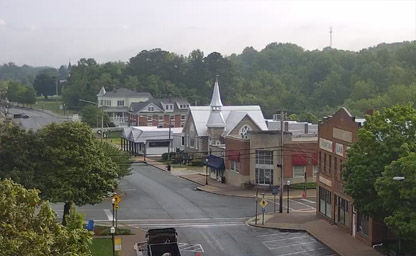
A small community in the heart of St. Mary's County
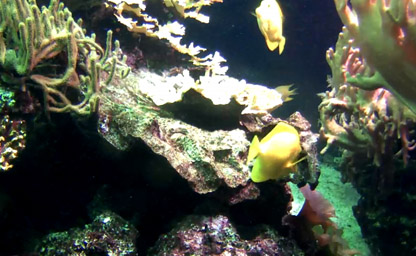
Conveniently located downtown alongside Harborplace

Blue blubber can be found in coastal waters of northern and eastern Australia
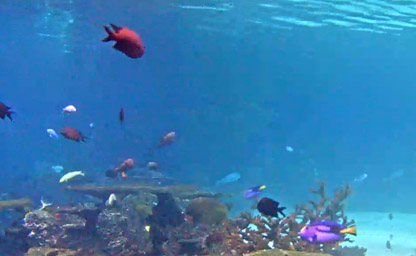
Puffin Place is located near the bubble tubes in the Main Lobby
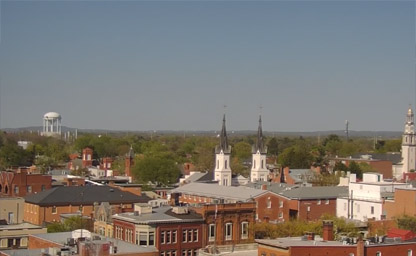
Situated less than one hour from Washington, D.C
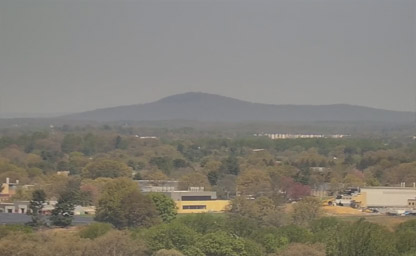
A beautiful city in Montgomery County, Maryland
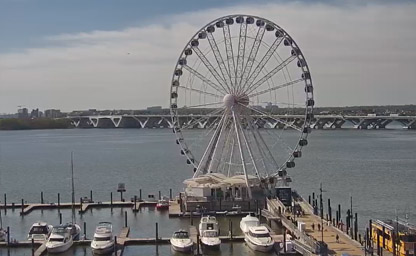
Views of Woodrow Wilson Bridge over the Potomac River
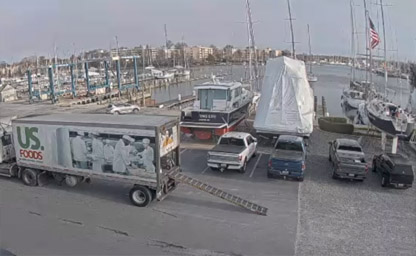
The Chesapeake Bay is the largest estuary in the United States
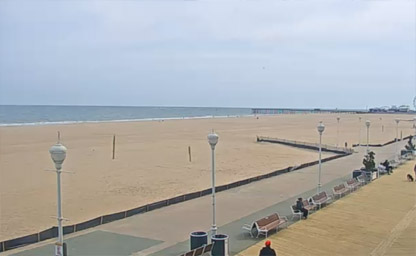
Miles of beach and a wooden boardwalk
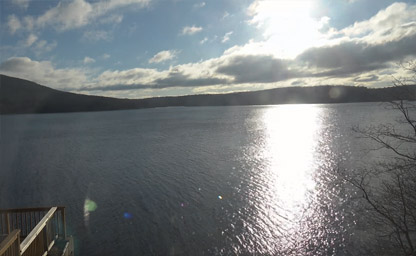
Copper Kettle Popcorn Factory and Lakeside Creamery offers views of Deep Creek Lake
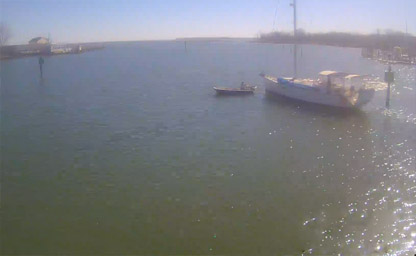
A beautiful scenic view of Chesapeake Bay
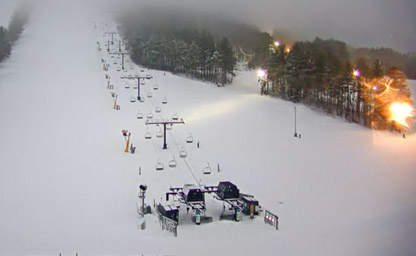
Sweeping panoramic views of the base of the mountain
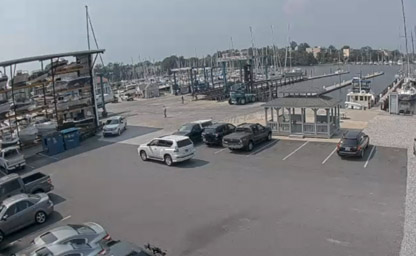
Centrally-located county in Maryland and site of the state capital of Annapolis
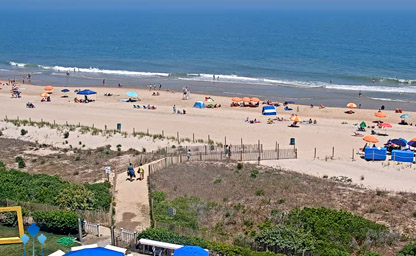
Check out the current weather and watch the Princess Royale sunrise
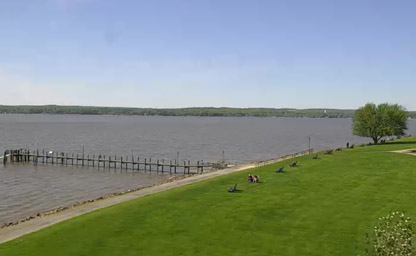
View from the roof of the Chesapeake Lodge
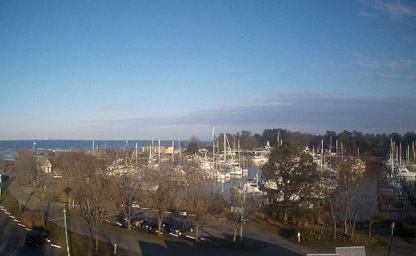
The Caribbean on the Chesapeake
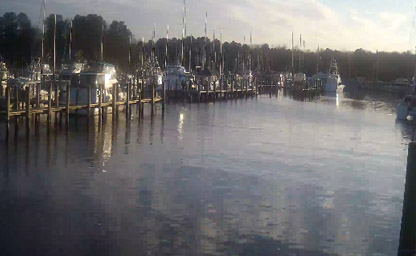
Whether you celebrate a wedding, dine in our Carribean setting or host a successful business meeting
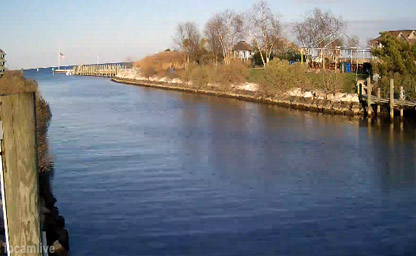
Enjoy the flavors and tranquility of the Chesapeake at Herrington on the Bay
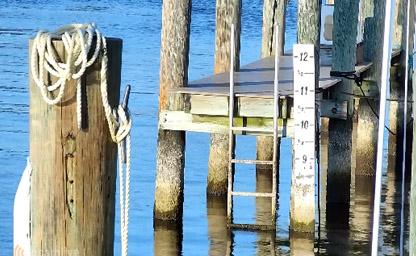
As you stroll along the cobbled paths of the marina you may encounter nature in all its beauty
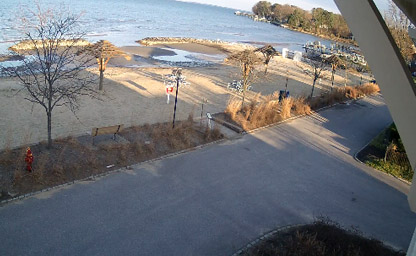
Sunbather's Paradise, the beach at Herrington Harbour South
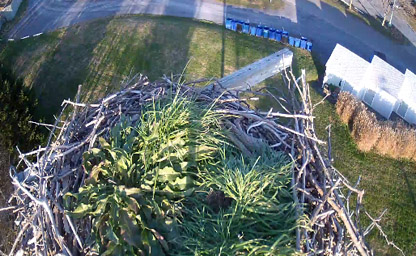
The Carribean on the Chesapeake
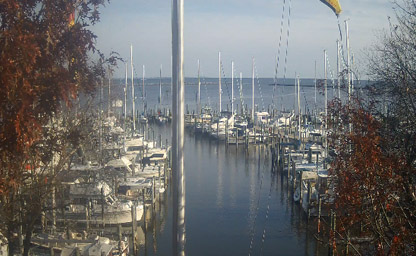
Herrington Harbour North has two full service yacht brokerages on site
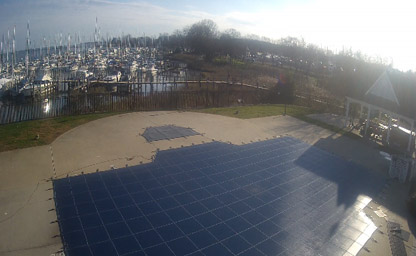
The Best in Services from Top to Bottom
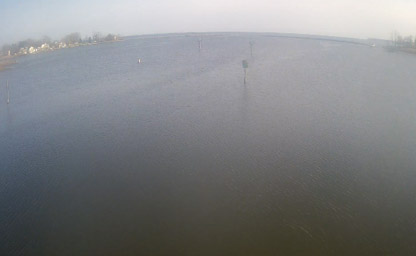
A Great Place for Boats, Nature and People
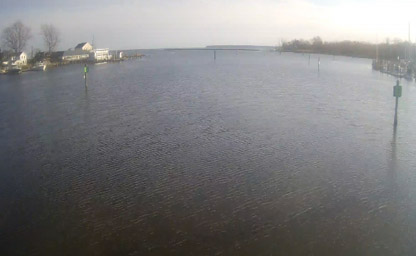
Voted "Best Marina in the USA" by Marina/Dock Age Magazine
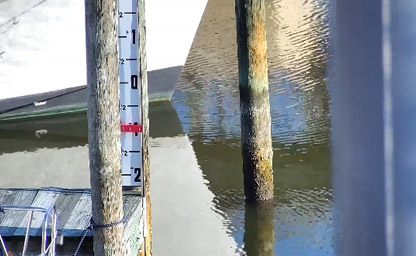
Where the countryside meets the Chesapeake
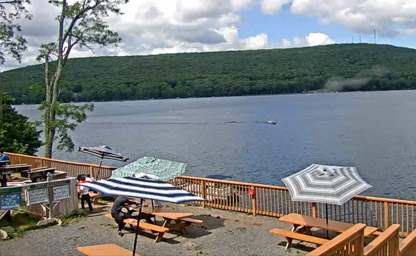
You can look out across the water towards the Glendale Road Bridge
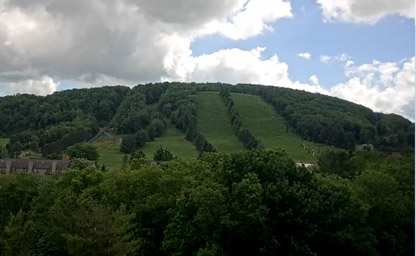
Located in the beautiful mountains of western Maryland
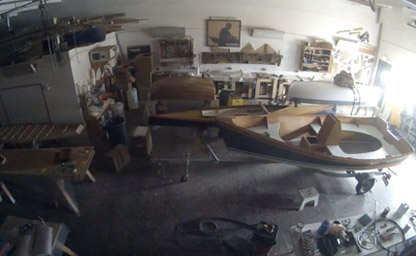
Chesapeake Light Craft and the Business of Building Boats
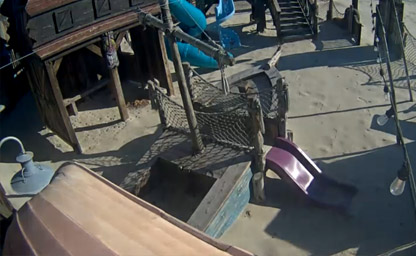
Ocean City's best sunset on the bay
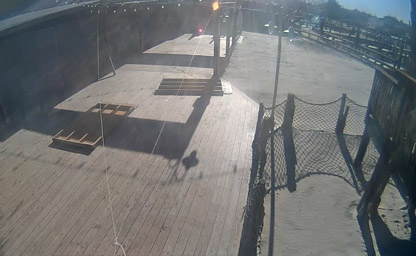
10 Miles of continuous sandy beaches, all free to the public
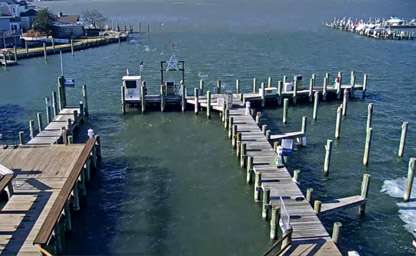
In the heart of Ocean City's sportfishing headquarters
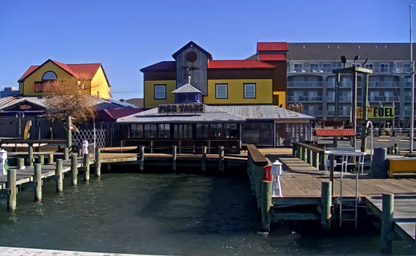
Miles of beach and a wooden boardwalk lined with restaurants and hotels
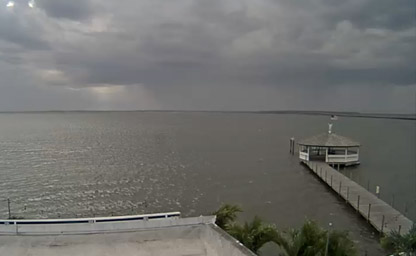
A fantastic view of Fagers Island at Ocean City Marylands Assawoman Bay
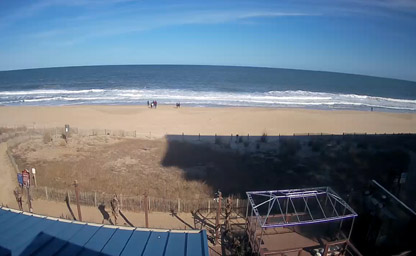
With ten miles of coastline and a three-mile-long boardwalk
Live streaming webcams in Maryland provide a dynamic view of the state’s diverse landscapes, rich history, and bustling urban areas. Known for its Chesapeake Bay, vibrant cities, and scenic countryside, Maryland’s webcams allow viewers to experience its charm and activity from anywhere in the world.
Maryland’s location along the Chesapeake Bay and the Atlantic Ocean makes its coastal webcams a favorite for maritime enthusiasts. These webcams often capture picturesque views of harbors, marinas, and sandy beaches. Popular spots include Ocean City’s bustling boardwalk, Assateague Island’s serene shorelines, and the Chesapeake Bay Bridge. Viewers can watch boats gliding across the water, observe weather conditions, or enjoy tranquil sunsets over the bay.
Webcams in Maryland’s parks and reserves offer a window into the state’s rich biodiversity. Streams from places like Blackwater National Wildlife Refuge may showcase bald eagles, herons, and other native birds, while webcams near the Appalachian Trail reveal forested trails and occasional sightings of deer or foxes.
Webcams in Maryland’s cities, such as Baltimore and Annapolis, provide glimpses into urban life and cultural landmarks. Baltimore’s Inner Harbor webcams highlight attractions like the National Aquarium, historic ships, and the vibrant waterfront. Annapolis webcams often focus on its colonial architecture, the U.S. Naval Academy, and the State House.
Maryland’s changing seasons make its webcams a year-round delight. Spring blossoms, summer festivals, autumn foliage, and even winter snowfalls can be enjoyed virtually through various live streams. For instance, webcams along the C&O Canal offer scenic views that change with the seasons.
Sports fans and event-goers can also tune into webcams for coverage of Maryland’s famous events. Whether it’s a glimpse of Oriole Park at Camden Yards or a live feed from a local fair or festival, there’s always something exciting to watch.
Local webcams in small towns and communities showcase daily life in Maryland’s charming neighborhoods. From farmer’s markets to historical reenactments, these streams provide an authentic look at the state’s rich heritage and friendly spirit.
Whether you're exploring Maryland’s natural beauty, planning your next visit, or simply enjoying the sights, live streaming webcams offer a front-row seat to the state’s many wonders.
Maryland, known as the "Old Line State," holds a unique place in American history as one of the original Thirteen Colonies. Its story begins with the Indigenous peoples who inhabited the area long before European settlers arrived. The Piscataway and other Algonquian-speaking tribes thrived along the Chesapeake Bay and its tributaries, relying on the region’s abundant natural resources for sustenance and trade.
European colonization of Maryland began in 1634 when English settlers, led by Leonard Calvert, established St. Mary’s City. This settlement was part of a larger vision by George Calvert, the first Lord Baltimore, who sought to create a haven for English Catholics facing persecution in Protestant England. The Maryland Toleration Act of 1649, one of the earliest laws promoting religious freedom in the colonies, underscored this goal, though religious conflicts persisted over time.
Maryland played a critical role in the American Revolution, contributing soldiers, supplies, and strategic locations. The state earned the nickname “Old Line State” in honor of its troops, who were known for their bravery and steadfastness in battle. Following independence, Maryland became a vital player in the formation of the United States. It was the seventh state to ratify the Constitution in 1788 and donated land for the creation of Washington, D.C., which became the nation’s capital.
The 19th century saw Maryland at the crossroads of national tensions over slavery. As a border state, it was deeply divided during the Civil War, with sympathies split between the Union and the Confederacy. While Maryland remained in the Union, its proximity to the Mason-Dixon Line made it a critical location for military strategy. The Battle of Antietam, fought on Maryland soil in 1862, was one of the bloodiest single-day battles in American history and a turning point in the war.
During the Industrial Revolution, Maryland’s economy diversified and grew, with Baltimore becoming a hub for shipping, manufacturing, and industry. The Chesapeake and Ohio Canal and the Baltimore and Ohio Railroad played key roles in connecting Maryland to broader markets and facilitating westward expansion. In the 20th century, Maryland’s proximity to Washington, D.C., spurred growth in federal government employment and defense industries, solidifying its role as a center of political and economic influence.
Today, Maryland is celebrated for its rich history, from the cobblestone streets of Annapolis, the state capital, to the historic Inner Harbor of Baltimore. Sites like Fort McHenry, where the national anthem was written during the War of 1812, and the Harriet Tubman Underground Railroad National Historical Park are enduring reminders of Maryland’s pivotal role in shaping the nation.
Maryland’s climate is classified as a humid subtropical climate in the eastern and southern regions, transitioning to a humid continental climate in the western part of the state. This diverse climate ensures distinct seasons and varied weather patterns, which significantly influence the state’s culture and activities.
Summers in Maryland are typically hot and humid, with average daytime temperatures ranging from the mid-80s to low 90s Fahrenheit. The Chesapeake Bay moderates temperatures in coastal areas, but the humidity can be intense, particularly in cities like Baltimore. Summer is also hurricane season, with occasional storms affecting the state, especially in late summer and early fall.
Autumn in Maryland is a favorite season for many residents and visitors. The state’s forests, including those in the Appalachian region, display vibrant foliage as the leaves change to brilliant shades of red, orange, and yellow. Temperatures during this time are mild, ranging from the 50s to 70s Fahrenheit, making it perfect for outdoor activities like hiking and apple picking.
Winter in Maryland varies significantly depending on location. Western Maryland, with its higher elevations, experiences colder temperatures and heavier snowfall, making it a destination for skiing and snowboarding at resorts like Wisp. In contrast, the coastal areas and the central parts of the state, including Baltimore and Annapolis, typically see milder winters with occasional snowfall.
Spring in Maryland is a season of renewal, marked by blooming flowers, budding trees, and warming temperatures. The cherry blossoms around Washington, D.C., and into parts of Maryland draw tourists from around the world. Spring also brings frequent rain showers, which help nourish the state’s lush vegetation and agricultural lands.
The state’s climate, coupled with its diverse geography, makes Maryland a year-round destination, offering a mix of activities and experiences tailored to every season.
Maryland is a geographically diverse state, often described as “America in Miniature” because it encompasses a wide range of landscapes within its relatively small area. From the Atlantic Ocean to the Appalachian Mountains, the state offers a rich tapestry of natural features.
The Chesapeake Bay, the largest estuary in the United States, is the centerpiece of Maryland’s geography. This iconic waterway stretches over 200 miles and is fed by numerous rivers, including the Susquehanna, Potomac, and Patuxent. The bay is a vital resource for the state, supporting a thriving fishing and crabbing industry and serving as a popular destination for boating and water sports.
To the east of the Chesapeake Bay lies the Eastern Shore, a flat, low-lying region known for its agricultural fields and charming small towns. Ocean City, located on the Atlantic coast, is one of Maryland’s most popular tourist destinations, featuring sandy beaches and a bustling boardwalk.
Central Maryland, home to Baltimore and the state capital, Annapolis, is a blend of urban and suburban landscapes. This region is also where the Chesapeake Bay meets the Patapsco River, creating a scenic waterfront that attracts millions of visitors annually. The rolling hills of the Piedmont Plateau dominate this area, offering a mix of farmland and forested areas.
Western Maryland is characterized by its mountainous terrain, including the Appalachian Mountains and the Blue Ridge range. Garrett County, located in this region, is home to Deep Creek Lake, a popular destination for outdoor enthusiasts. The area also features state parks and scenic byways, making it a haven for hiking, camping, and exploring the great outdoors.
Maryland’s geography also includes the urban sprawl of the Washington, D.C., metropolitan area in the southern part of the state, where bustling cities like Bethesda and Rockville serve as economic hubs. Despite its relatively small size, Maryland’s diverse landscapes and ecosystems make it one of the most geographically unique states in the country.
If you’re visiting Maryland, consider exploring the Chesapeake Bay by kayak or paddleboard. It’s a unique way to experience the state’s most famous natural landmark while getting up close to its diverse wildlife, including blue crabs and herons. An interesting fact about Maryland is that it’s home to the oldest continuously operating capitol building in the United States, the Maryland State House in Annapolis, which has been in use since 1772.